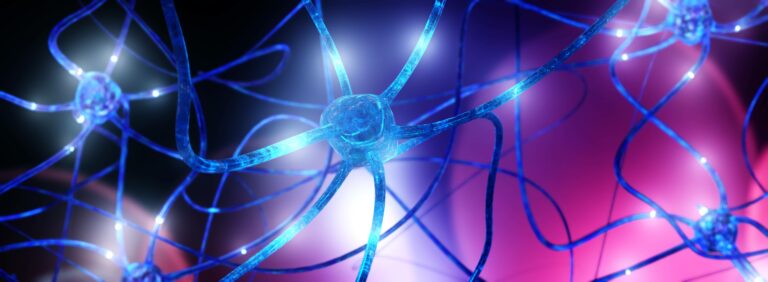Global cognitive deficits, also known as general cognitive impairment, refer to a broad range of cognitive difficulties that affect an individual’s overall ability to think, learn, and process information. These deficits can impact various cognitive functions such as memory, attention, problem-solving, and language skills. They can also affect an individual’s daily functioning and overall quality of life. In this article, we will delve into the causes, symptoms, and potential treatment options for global cognitive deficits.
Causes of Global Cognitive Deficits:
The causes of global cognitive deficits can be diverse and may vary from person to person. Some of the common causes include:
1. Neurological Disorders: Certain neurological conditions such as Alzheimer’s disease, Parkinson’s disease, and multiple sclerosis can lead to global cognitive deficits. These disorders affect the functioning of the brain and can cause significant changes in cognitive abilities.
2. Traumatic Brain Injury: A severe head injury or trauma can also result in global cognitive deficits. This type of injury can damage different areas of the brain, leading to difficulties in cognitive functioning.
3. Genetic Factors: In some cases, global cognitive deficits may be present from birth due to genetic abnormalities or inherited conditions.
4. Stroke: A stroke occurs when there is a disruption in the blood supply to the brain, leading to damage in brain cells. Depending on the severity and location of the stroke, it can cause global cognitive deficits.
Symptoms of Global Cognitive Deficits:
The symptoms of global cognitive deficits can vary depending on the underlying cause and the extent of the impairment. Some common symptoms may include:
1. Memory Loss: Difficulty in remembering recent events or information is one of the most common symptoms of global cognitive deficits. This can include forgetting important dates, names, or conversations.
2. Difficulty with Problem-Solving: Individuals with global cognitive deficits may struggle with planning, organizing, and completing tasks that require problem-solving skills.
3. Language Difficulties: Difficulties with language skills, such as finding the right words, understanding complex sentences, or expressing oneself, can be a significant symptom of global cognitive deficits.
4. Lack of Focus and Attention: Inability to sustain attention and difficulty in focusing on a task are also common symptoms of global cognitive deficits. This can lead to problems in completing tasks or following through with instructions.
Potential Treatment Options:
While there is no specific cure for global cognitive deficits, several treatment options can help improve an individual’s cognitive functioning and overall well-being. These include:
1. Medications: Depending on the underlying cause of global cognitive deficits, medications may be prescribed to manage symptoms and slow down the progression of certain conditions such as Alzheimer’s disease.
2. Cognitive Rehabilitation: This type of therapy focuses on improving cognitive functions through various techniques such as memory training, problem-solving exercises, and attention-building activities.
3. Lifestyle Changes: Adopting a healthy lifestyle can also have a positive impact on an individual’s cognitive functioning. Regular exercise, a balanced diet, and adequate sleep can help enhance brain function and improve overall well-being.
4. Supportive Therapies: In addition to medical treatments, counseling and support groups can also be beneficial in managing global cognitive deficits. These therapies can provide emotional support and help individuals cope with the challenges of living with a cognitive impairment.
In conclusion, global cognitive deficits can have a significant impact on an individual’s life, affecting their ability to think, learn, and function in daily activities. While there is no single cause or cure for these deficits, early detection and proper management can help improve an individual’s quality of life. If you or a loved one are experiencing symptoms of global cognitive deficits, it is essential to seek professional help and explore appropriate treatment options. With the right support and interventions, individuals with global cognitive deficits can lead fulfilling and meaningful lives.





